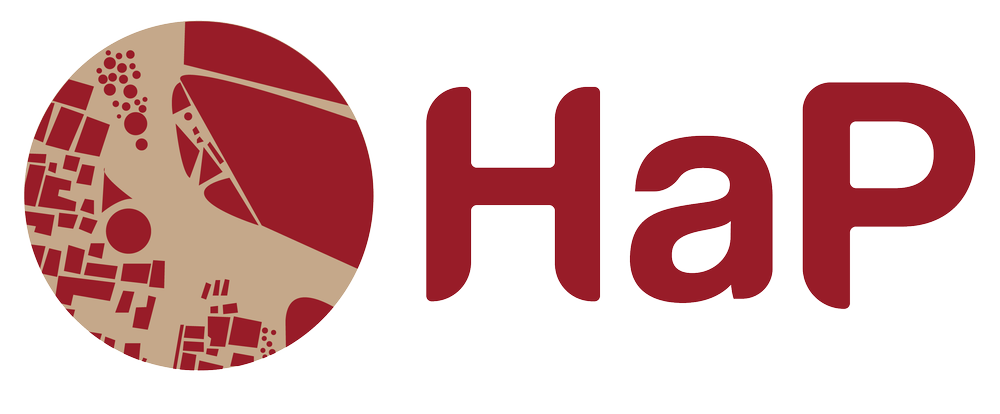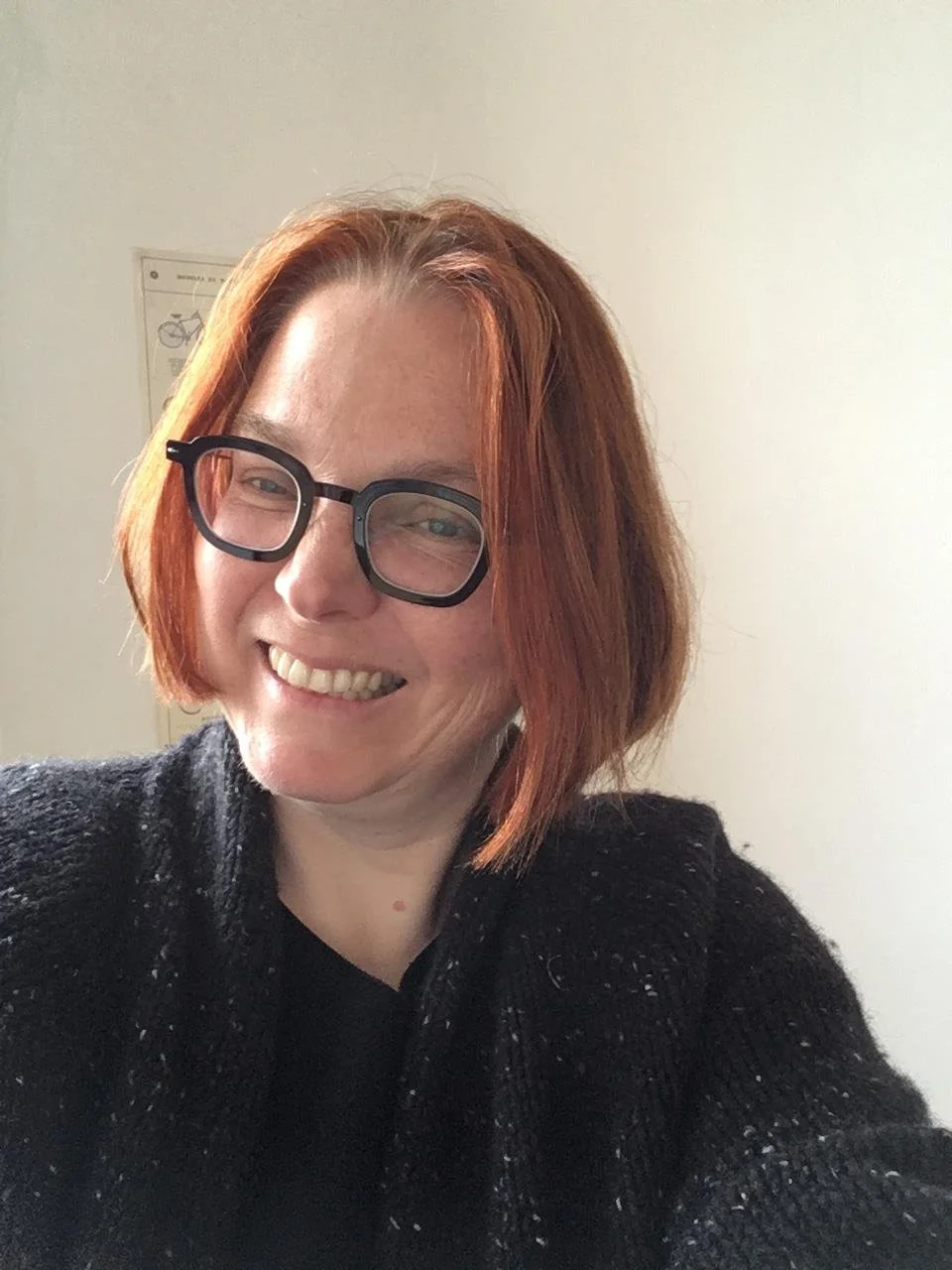Dr. Stefanie Lotter is a Senior Research Fellow in the Department of Anthropology and Sociology at SOAS University of London. She trained in anthropology and museum studies, and her research situates modern South Asian studies within decolonisation debates and finds new solidarities in addressing global challenges and inequalities. Stefanie is interested in the politics of heritage placemaking, the erasure and marginalisation of unwanted heritage that aligns politics with historical identification, as well as the solidarity needed for the creation of value and the upkeep of lived and built heritage. She has recently served as Co-Investigator on two research projects: the AHRC/GCRF project ‘After the Earth’s Violent Sway: The Tangible and Intangible Legacies of a Natural Disaster’, and the BA/GCRF project ‘Dignity without Danger: Collaboratively analysing stigma and taboos to develop innovative strategies to address menstrual exclusion in Nepal’.
As a Principal Investigator of Heritage as Placemaking, Stefanie is contributing a monograph exploring paradigmatic shifts shaping the theory and practice of heritage reconstruction over the past fifty years in Bhaktapur.
-
Michael Hutt, Mark Liechty, and Stefanie Lotter, eds. (2021). Epicentre to Aftermath: Rebuilding and Remembering in the Wake of Nepal’s Earthquakes, 1st ed. Cambridge University Press.
Stefanie Lotter (2017). ‘Gender Gap, Gender Trap: Negotiations of Intersectionality and Patriarchy amongst Women Elites in Nepal’, IQAS, 48 (1–2), pp. 97–115.
Stefanie Lotter (2011). ‘Distinctly Different Everywhere: Politics of Appearance Amongst Rana Elites Inside and Outside Nepal’, Comparative Sociology, 10(4), pp. 508-527.
In conversation…
What is your research with Heritage as Placemaking about?
As part of the Heritage as Placemaking team, I will study the legacy of fifty years of Nepal-German development collaboration over heritage reconstruction. I want to understand why such a long-standing relationship ended when heritage reconstruction was urgently needed after the Gorkha earthquakes struck. I find the topic particularly interesting in light of decolonisation debates, as the Bhaktapur municipality declined the offer of 11 million Euro from Germany’s Kreditanstalt für Wiederaufbau to rebuild its heritage post-disaster, stating that the city was done with listening to foreign experts. In a multi-sited ethnography (Germany, Nepal), I will explore heritage preservation through the lens of long-term unequal engagement, connecting the anthropologies of friendship and development that lie at the heart of such cultural exchange. What interests me is how paradigm shifts in development studies shaped reconstruction work and how individuals steered the protection of heritage. More generally, I am most excited about the project’s thematic strand on ‘heritage erasure’ because it brings the political so acutely into the discussion.
Prior to joining this project, what were you working on?
I started working on Nepal a long time ago in 1997, while researching for my MA on the Nepali diaspora in Hong Kong. Since then, I have completed a PhD on Nepali elites, taught anthropology at WITS in Johannesburg, and taught courses in South Asian Studies, Museum Studies, and Anthropology at SOAS in London. I also worked as a community curator at the Horniman Museum in London. Recently I have been a Co-Investigator in two research projects. The first project, the AHRC/GCRF project ‘After the Earth’s Violent Sway: The Tangible and Intangible Legacies of a Natural Disaster’, studied the aftermath of the 2015 Gorkha earthquakes. Michael Hutt, Mark Liechty and I have just published the project book, titled Epicentre to Aftermath: Rebuilding and Remembering in the Wake of Nepal’s Earthquakes. The second research project I was recently involved in as a Co-Investigator was the BA/GCRF project ‘Dignity without Danger: Collaboratively analysing stigma and taboos to develop innovative strategies to address menstrual exclusion in Nepal’. The project took a feminist approach and worked to bridge the gap between humanitarian and heritage response while exploring rights-based approaches to culture.
When you aren’t doing research, what do you enjoy doing?
I recently got into cold water swimming. It is quite an experience to swim through the winter in the UK. I also enjoy escape room puzzles because they are great to do as a group, cycling because it makes me clear my head, and trekking in the Himalayas.

